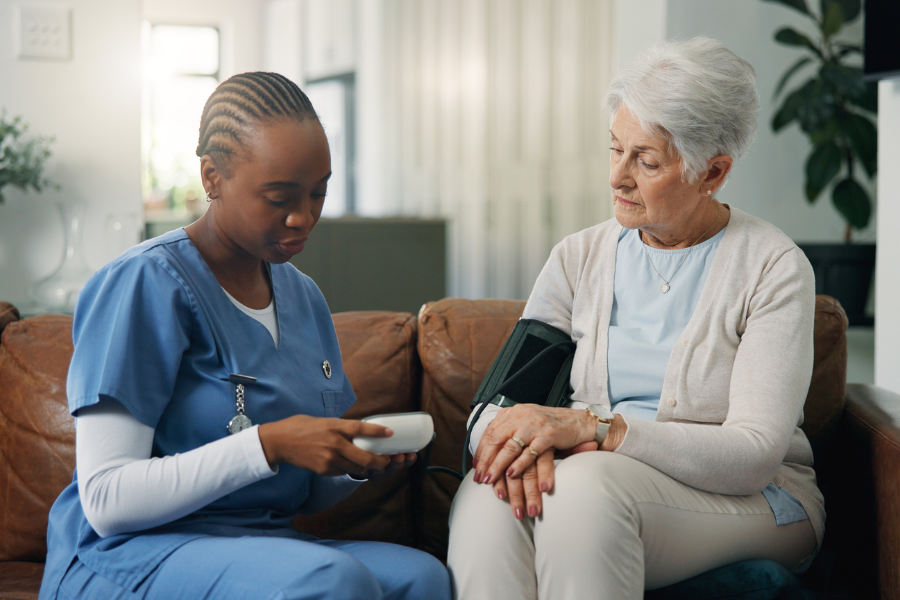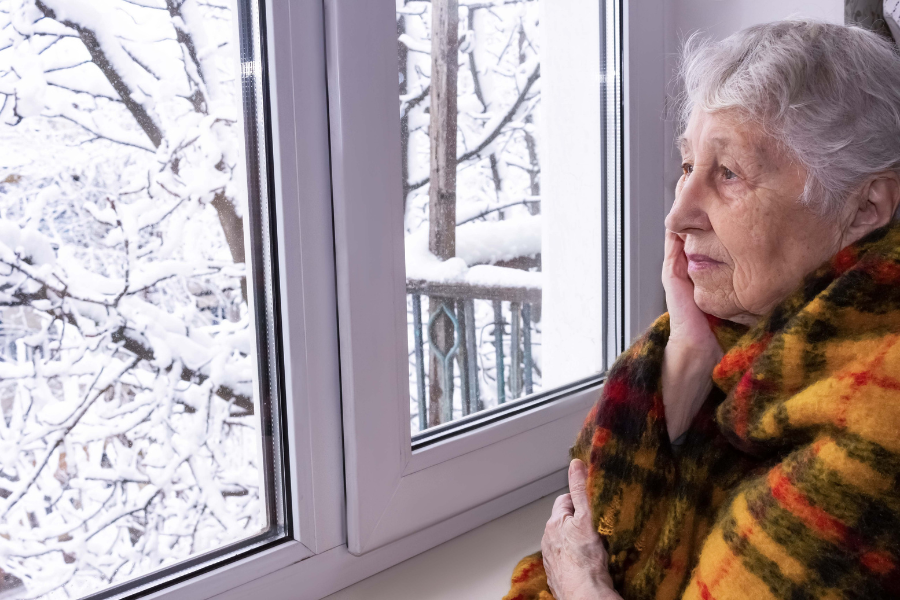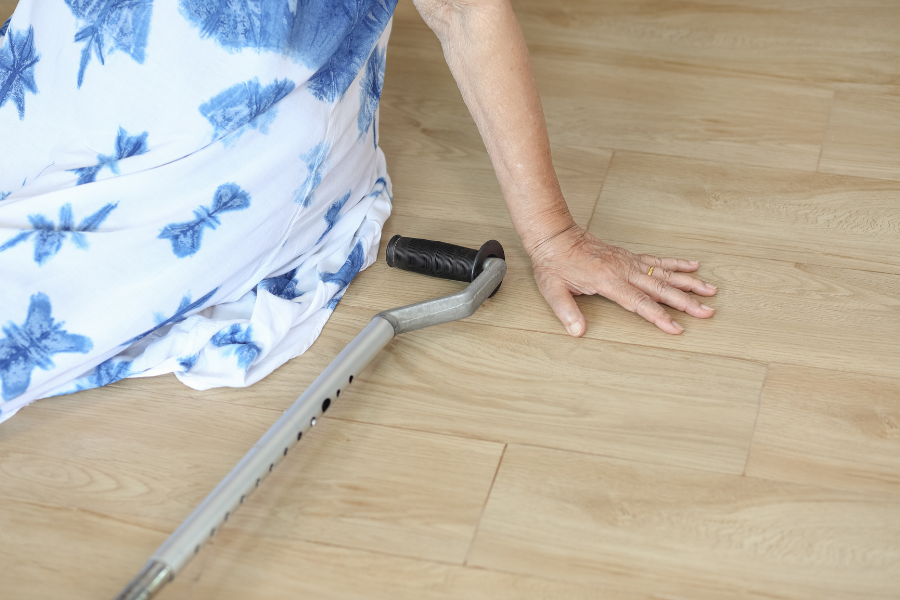February is often associated with love and connection, but it’s also American Heart Health Month, a time to focus on cardiovascular wellness, especially for older adults. For seniors, heart health isn’t just about medical care. It’s also deeply connected to daily habits, emotional well-being, and having the right support at home.
At A Place At Home – Arlington & Alexandria, we see firsthand how in-home senior care plays a meaningful role in supporting both physical heart health and emotional connection—two critical components of aging well.
Why Heart Health Matters More as We Age
Heart disease remains one of the leading health concerns for seniors. As we get older, managing blood pressure, mobility, nutrition, and stress becomes increasingly important.
Common heart-related challenges for seniors include:
- High blood pressure or cholesterol
- Reduced physical activity
- Medication management
- Stress or anxiety
- Social isolation
This is where elderly care at home becomes a powerful tool, not just for safety, but for overall wellness.
How In-Home Senior Care Supports Heart Health
Professional home care for seniors helps create a daily environment that supports healthy routines and reduces risk factors.
- Encouraging Safe Physical Activity
Caregivers assist with gentle movement, walking, and light exercise to support circulation, strength, and balance, without overexertion.
- Medication Reminders
Consistent medication management for seniors helps prevent missed doses and ensures heart-related prescriptions are taken properly.
- Healthy Meal Support
Caregivers can assist with heart-healthy meal preparation, grocery planning, hydration, and portion control.
- Stress Reduction & Emotional Support
Loneliness and stress directly impact heart health. Regular companionship, conversation, and emotional connection help reduce anxiety and improve overall well-being.
- Daily Routine & Stability
Maintaining structure and consistency helps seniors feel more secure and less overwhelmed—especially those managing chronic conditions.
The Emotional Side of Heart Health
February also reminds us that connection matters. Many seniors experience isolation, especially during the winter months when social activities slow down.
Companionship is not just comforting—it’s clinically important. Studies show that social engagement can lower blood pressure, reduce depression, and improve long-term health outcomes.
With in-home senior care, emotional support becomes part of everyday life rather than something seniors have to wait for.
A Month to Prioritize Wellness at Home
February is a natural time for families to reflect on health, routines, and long-term goals. Supporting heart health doesn’t require dramatic change—just consistent, compassionate support in the right environment.
With personalized in-home senior care, older adults can age in place while strengthening their physical and emotional well-being.
Supporting the Heart, In Every Way That Matters
Heart health isn’t just about doctors and medications. It’s about daily care, connection, safety, and feeling supported.
A Place At Home – Arlington & Alexandria provides compassionate, personalized care that helps seniors live healthier, more connected lives, right where they feel most comfortable.










